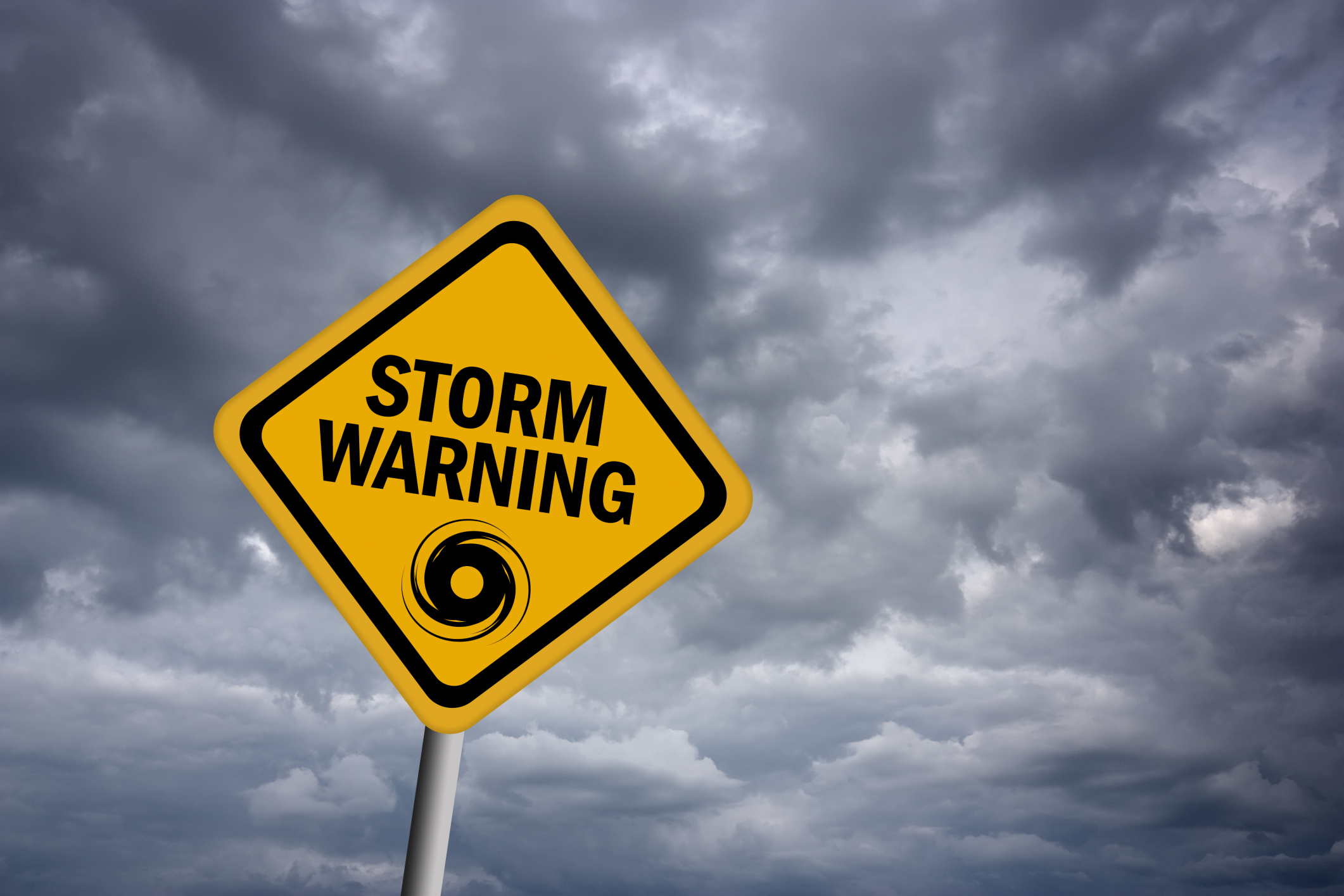
5 Tips For Potential Homeowners
Buying a home is one of the biggest decisions you’ll ever make. Among the many considerations you’ll face in the process, there are some decisions that have the potential to greatly impact your overall buying experience. Here are some make or break tips to help you get on your way.
Consider Future Plans
Your home will likely be your biggest asset and form of security, make sure it’s flexible for future plans you have. First time home buyers will sometimes make the mistake of buying a home that works for their current situation. You may be single, in a long-term relationship, considering a new employer, or entertaining the thought of having kids… These need to be taken seriously before moving forward with the home you’re looking at. Be realistic and maybe even optimistic.
Anticipate
Some homes will blow you away with how beautiful they are but it’s very easy to get swept away by your dream house and overlook some fundamental flaws. What’s the condition of the roof? Does the basement look like it’s suffered from springtime flooding? Are there any signs of water damage on the walls or ceilings? Not to mention some flaws are not readily visible to the naked eye. We recommend getting a home inspector. It might cost you around $200 but it could save you some big financial headaches down the road.
Check out the Neighborhood
Your surrounding area is just as important as the house you decide to live in. In order to get a good understanding of the neighborhood, designate time to drive through it often and at different times of the day. Consider these questions: Am I trying to be in the hub of everything? Close to work? Is the school district good? Whatever you answer should help you decide if your dream house includes a dream neighborhood.
Know Your Credit Score
Before buying a house, you need to find out your credit score and assess how strong it is. The weaker your score, the harder it will be to attain a mortgage loan. If you do happen to land one, your payments are going to be reliant on the strength of your score. Generally speaking a credit score of 700 and above puts you in the clear.
Calculate How Much You Can Afford
Although this one seems a little self explanatory, there are some things that you may be forgetting to take into account. Many people just look at how much the house costs but there are many other factors that go into the overall price such as property taxes, closing costs, and home insurance. So aside from mortgage payments, consider the other expenses that come with the purchase of a house.
Have any questions about home insurance? Send us a message at info@campbellsolberg.com



